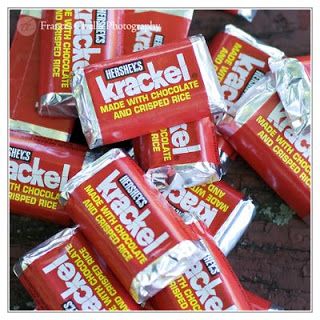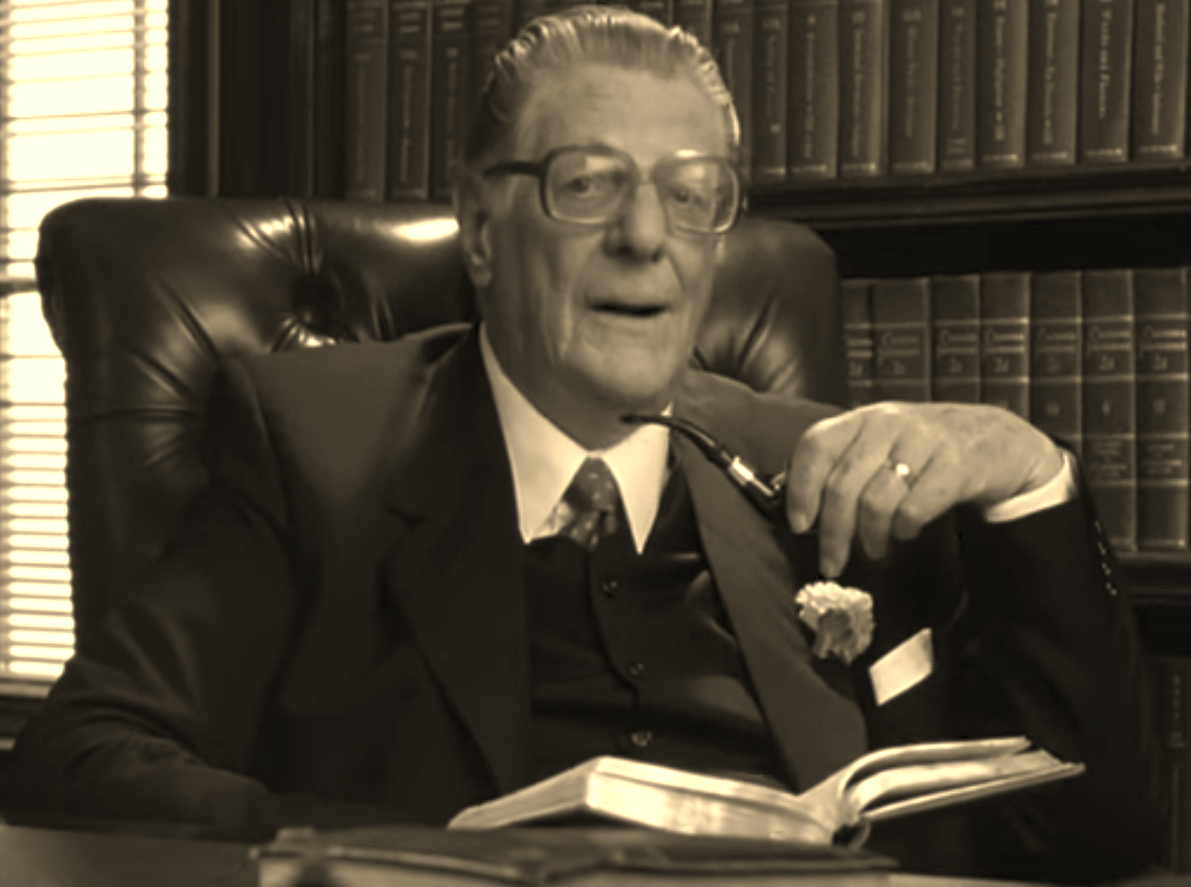
Welcome to Sullyville: The Adventure Begins
Greetings, traveler!
Welcome to Sullyville. I am flattered and grateful for your patronage, unless you are receiving this message by mistake, in which case I do not appreciate your intrusion upon this creative endeavor and must ask you STOP reading, right now.
In this, the inaugural entry in my ongoing email newsletter, I provide an introduction of sorts to this odd new project, and share a tender childhood memory about the first time I used the internet. After a report of some findings from a forgotten reference text, I conclude with a gripping preview of crime and vice in underworld Chicago, as recounted by a mysterious expert.
Who Am I? And What Is This?

The Author, At Work.
“Welcome to Sullyville” is an eclectic, ongoing creative project by freelance writer Dan O’Sullivan. It will probably be interesting, and weird. Maybe you won’t like some of the entries. Maybe you’ll be fascinated by my post about how Japanese convenience stores produce gourmet cuisine, and hate my next entry on how Al Capone was responsible for cleaning up the Chicago dairy industry. Both are true, incidentally. Just keep coming back. Or tell me what you like reading; I’m highly suggestible.
Who am I, you ask? I have been a freelance writer for some time. The evil company Uber doesn’t like me. I went to graduate school in the Middle East. An essay I wrote about labor exploitation in pro wrestling was anthologized in The Best American Sports Writing 2015. I wrote a series of articles for VICE Sports which were the first to question an NYPD cover-up of their brutalization and arrest of NBA star Thabo Sefolosha. I used to jockey rental cars at an airport and found a bunch of baked beans left inside a trunk once.

The trunk was not full of loose, flowing baked beans, as if it was a swimming pool. It contained pallets of canned baked beans. I want to be clear on that.
I think that’s enough in the way of preliminaries. Let’s cut to the heart of the matter, with a memory of websurfing past.
The Last Christmas I Was A Kid

The Golden Calf of 1996
Sometime in 1996, on a Gateway computer that had arrived the previous Christmas in a black-and-white cow-spotted box, I used the internet for the first time. Being eight years old, the only website URL I even knew of was “www.Nickelodeon.com,” an address gleaned from commercials on that kids’ TV network advertising exclusive “computer stuff.” I remember almost nothing about this, my first internet session, save one moment I can still vividly recall, twenty-three years later. Clicking onto the Nickelodeon.com message boards, connected to a new breadth of the world via dial-up, I scrolled down the webpage, to the first thread of internet comments I had ever seen - the image of which I can see in my mind, even now.
The subject line was about how fat a female comedian was on one of Nickelodeon’s primetime skit show “All That,” then in its heyday, with a spirited discussion on the topic continuing across the subsequent pages.
I suppose this kind of anonymous internet shitposting was bracing enough from the start that I remember it even now - and indeed, couldn’t tear myself from the source. A diligent, well-behaved little student, I was so enamored on my first night browsing the internet that I very uncharacteristically neglected to do my homework - in this case, looking up a recipe for a dish I would have to prepare for the class. After scribbling down a recipe that called for pouring “milk” and “chocolate bars” into a blender, I would go onto create a milkshake that merely suggested the taste of chocolate - the shards of Krackel bars having sunk to the bottom of the pitcher, sewage, wastewater.

Only 90’s kids experience Proustian involuntary memory eating these.
If my experience with internet-enabled information technology was ugly, brutish, and mildly self-destructive, resulting in the worst dessert beverage ever prepared for a fourth-grade class, more was coming, and fast.
As a telephone lineman, my dad knew a bit more about what technology was being worked on next, up in his bucket truck or down in dark manholes, to improve that loud, piercing dial-up connection he made possible. Someday, he explained to eight year-old me, you’d be able to go to a coffee shop or library, and the internet wouldn’t travel from a modem, through a cord, into your computer - but through walls and floors, out of thin air, in “hotspots” which might someday be the size of a city.
Such a future seemed fantastical to me then, as a child of a generation among the last in America to have had any appreciable development free of the internet’s influence. Today, as an adult living in that future, I increasingly wonder if we have lost something more valuable than anything the wondrous gadgets and applications that demand our attention can provide - particularly for the kids who may never know any other way of living.
My life since then, online and off, would suggest there is not nearly as much to gain from the internet as there is to lose. We now know these digital properties are slowly sapping us of life. I know they have sapped me of much time and happiness I might otherwise spent in blissful ignorance, relaxing in some sod-roofed cabin free of electricity, noise, or tweets.
A curious series of things to mull over as I start this newsletter, perhaps, but not so off-base if you consider writing anything thoughtful and considered online to be nothing short of a freak occurrence. This is my mea culpa.
Intermission: A Moment of Phrase & Fable
One of my favorite books on the planet is one I have never read all the way through, and probably never will finish, in its entirety. It is called Brewer’s Dictionary of Phrase & Fable, and stands out to me as emblematic of what the British are best at: completing puzzling, eccentric writing projects that take several hundred years to complete and, once finished, are of dubious import. Such as, for instance, a massive dictionary of Greek mythological figures, farming slang from the 1700s, and naval terminology that eventually found its way into daily speech.
But who cares? Forget the doughty withstanding of World War II, queuing in tube stations and forgoing bananas for five years - it is in these books that Britain should take the greatest pride. Being heavily Irish, it’s probably not as hard for me to discount the UK’s other “achievements,” but then, just take a moment to leaf through the first few chapters of the 1870 edition of the text. It’s wonderful to learn a few new things:
A-per-se (a per se). An A 1 ; a person or thing of unusual merit. "A" all alone, with, no one who can follow, nemo proximus aut sccundus.
Chaucer calls Cresseide "the floure and A-per-se of Troi and Greek."
“London, thou art of townes A-per-se.” Dunbar (1501).
So, for instance, you could say, Ivanka is A-per-se among the Trump children, since her weird father wants to fuck her.
When bale is highest, boot is nighest. An old Icelandic proverb that appears in Heywood and many other English writers. It means, when things have come to the worst they must needs mend. Bale means "evil," and is common to most Teutonic languages; boot (q.v.) is the M.E. bote, relief, remedy.
Now this is a catchy one, to me. We need to bring this back. Try this out on your co-workers at the loading dock next time you’re backed up on reshelving. Time to hit the forklift “nighest.”
To be made a cat's paw of, i.e. the tool of another, the medium of doing another's dirty work. The allusion is to the fable of the monkey who wanted to get some roasted chestnuts from the fire, and used the paw of his friend, the cat, for the purpose.
“I had no intention of becoming a cat's paw to draw European chestnuts out of the fire.” Cora. RODGERS.
At sea, light air during a calm causing a ripple on the water, and indicating a storm, is called by sailors a cafs paw, and seamen affirm that the frolics of a cat indicate a gale.
I want to be as clear as Cora Rodgers on this point: I will NEVER be made a cat’s paw of - not for snatching European chestnuts out of a fire, which seems to happen every other day lately; not on behalf of ANY monkey, a mischievous creature I mistrust in particular; and not while traversing the ocean, terrified of a storm wrecking my ship. This will NEVER be permitted to happen to me.
I hope this was edifying as an experiment. The English language is a gift which we sadly, constantly return for store credit.
Finally: Tales from the Second City Meat Wagon
My favorite city on the planet is Chicago, Illinois. Granted, I’m pretty provincial, but facts are facts. I never feel quite right outside of Chicago. Just as the gravitational pull of the moon sways the tides between their highs and lows, life only encompasses the fullness of my potential and the depths of my misfortunes in Chicago.
So imagine my surprise, one day years ago, to be walking along the dark, orange lit promenade of Lower Wacker Drive and find a bookstore I had never noticed before. Lower Wacker Drive is not a commercial thoroughfare, by any means - more of a grimy, subterranean passageway, snaking under the Loop. I had no idea any businesses were here, save the infamous towing company responsible for booting drivers all over downtown. But here it was, a used bookstore.

The mysterious, nameless used bookstore on Lower Wacker Drive, Chicago, Illinois.
Browsing the dank aisles of this cramped establishment, with low ceilings, a concrete-pour floor, and the smell of mildew and old paper permeating the air, I found ancient, musty book after book I had never heard of before. “Claims of Gold: A Tale of Gay Old San Francisco.” “Ivan’s Game: A Berlin Station Adventure.” “Before the Corncrake Trills,” by Rev. Japheth Cleary. But I hit the real paydirt on a set of shelves under a taped-up sign, “LOCAL & SPECIAL INTEREST.”
The most intriguing of these books I purchased? A green, leather-bound tome titled “The Complete History of Crime,” by a figure named Dr. J. Bruce Bittenbinder. It had no title page, no publishing information, no date of issue. One page depicted the author, the accompanying caption replicated in full, below.

Criminologist and chronicler of the dark past, Dr. J. Bruce Bittenbinder.
The book had a number of strange properties - for one, extremely small print. Another: I never seemed to be able to find the same text, or even a specific, numbered, page, if I leafed through it a second time. At times, it seemed like the book encompassed ever greater amounts of criminal history each time I looked through it - somehow growing in scope, despite remaining an old, dusty book of the same size.
To ensure I absorb as much of this book as I can, I have decided it would be best to simply replicate what I am reading, for posterity’s sake, on this newsletter. I am thinking Thursday might be a good day for our first entry, with a few tantalizing tales of violence, crime, and skulduggery. And hey, since this is the first week and all, I’m going to make what would ordinarily be a SUBSCRIBER-ONLY event a FREE one, for all you folks on the fence about whether or not to go all in on this. And hey, if you liked this, maybe you’ll take the plunge now and subscribe below.
See you Thursday, I hope?
Yours in Christ,
DOS
